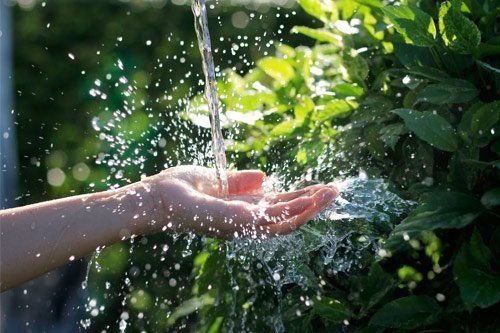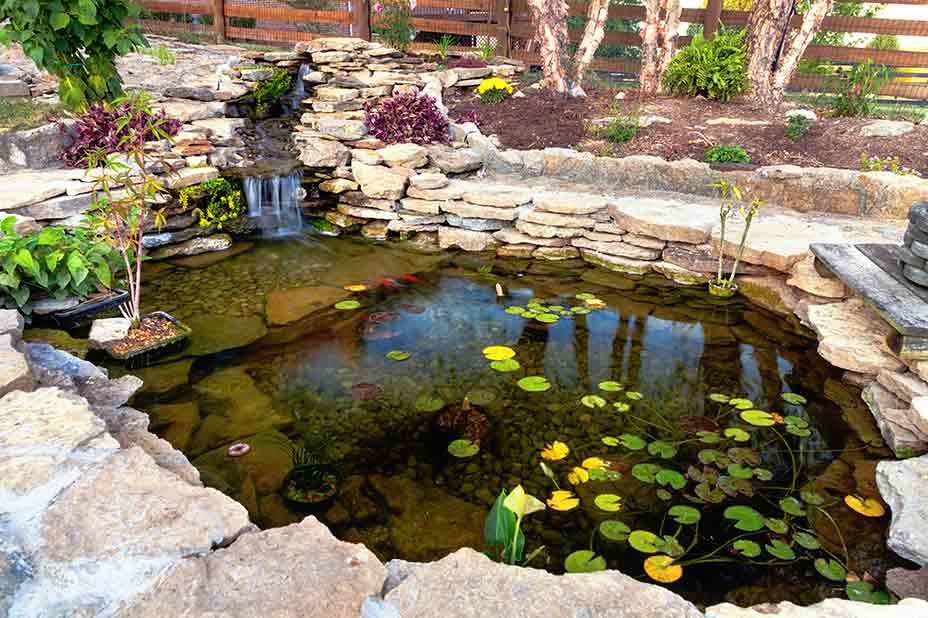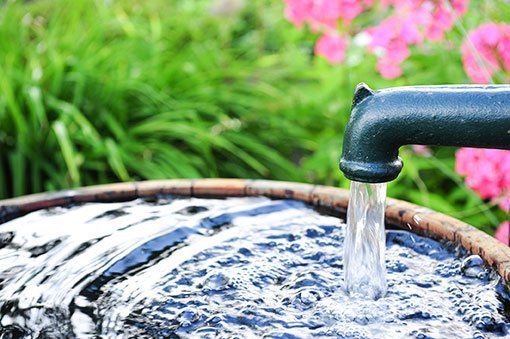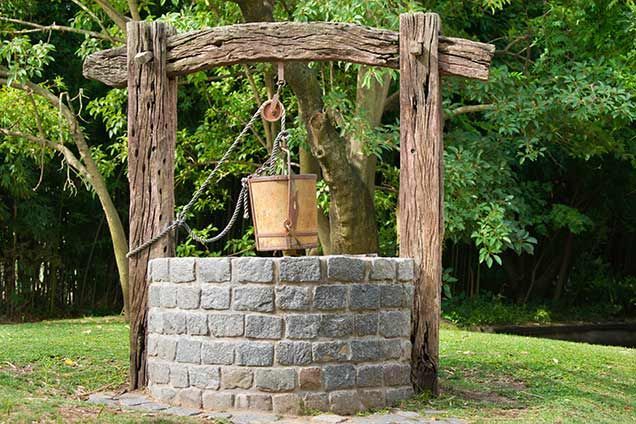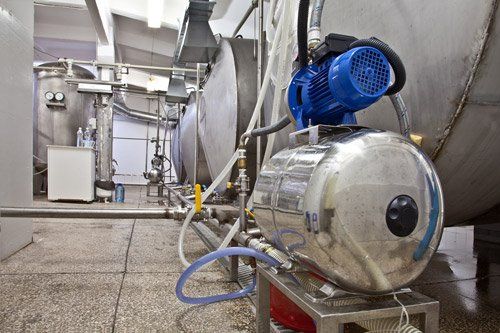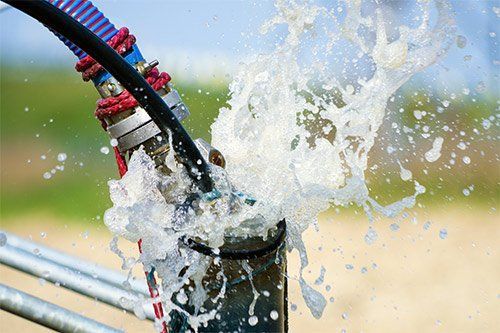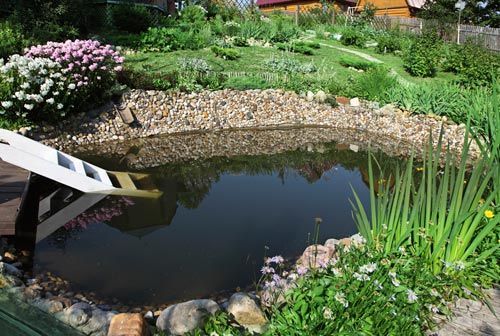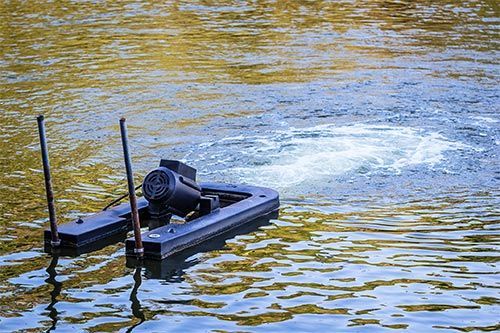7 Things Homeowners Should Know About Geo thermal Heat
February 8, 2018
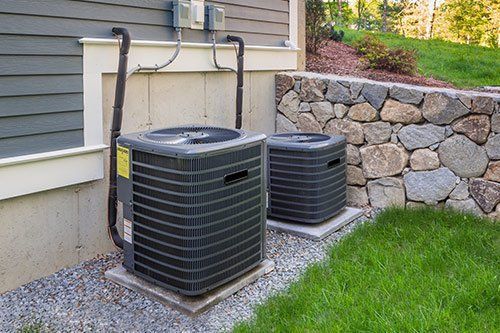
If you haven't yet explored the possibility of using a geothermal HVAC system in your home, you should learn more about this advantageous method of residential heating and cooling.
Geothermal heating uses the earth's temperature beneath the ground as an exchange medium rather than outside air for home heating and cooling. While these systems have been around since the late 1940s
, many homeowners still aren't aware of their capabilities and advantages.
As a homeowner, you should be aware of the following seven factors regarding geothermal heating if you're looking for a new HVAC system for your home:
1. Quiet Operation
Geothermal systems operate more quietly than more traditional systems like gas furnaces and standard heat pumps. Much of the geothermal system is located underground, and the underground location of the equipment provides sound insulation.
The outdoor and indoor units of traditional HVAC equipment can make a distracting amount of noise that can irritate both homeowners and their neighbors. If you worry about the sound levels of the HVAC equipment in your home, you're best off opting for geothermal heating and cooling.
2. Limited Maintenance Needs
Geothermal systems need minimal maintenance in comparison to traditional furnaces and heat pumps. The earth loops that make up the underground portion of the system are designed for resilience and protected beneath the ground so that they require only minimal intervention.
The other components of the system, like the pumps, fans, and compressors, are protected from extreme temperatures by being located indoors. Occasional inspections and necessary filter changes keep a geothermal system operating effectively through the years.
3. Energy Efficiency
Geothermal systems are good investments for homeowners because of the efficiency benefits they offer. Geothermal HVAC systems heat and cool a home with renewable energy because they function thanks to natural heating and cooling effects from the earth.
These savings aren't just good for the environment. They're also good for your finances. Through the years, geothermal systems can save homeowners a great deal of money on utility costs because they operate more efficiently than other HVAC systems.
4. Cooling Capabilities
Some homeowners assume that a geothermal system provides heating but not cooling. Geothermal heat pumps can both heat and cool a home. They handle a home's heating needs in the winter and cooling needs during the summer months.
Therefore, homeowners with geothermal systems do not need to have a separate air conditioner to keep their home comfortable throughout the year.
5. Multiple Heating Capabilities
Geothermal systems can be designed to accommodate numerous heating needs in the home. Along with in-home heating, they can also be set up to provide ambient heating, water heating, or swimming pool heating. Furthermore, a geothermal system can provide heating for all of these various needs simultaneously.
6. Tax Incentives
Homeowners sometimes decide not to invest in a geothermal system because of the upfront. Fortunately, the U.S. Department of Energy entices homeowners to take advantage of the technology because it is good for the environment.
The government offers various tax credits that can allay some of the initial expense of a geothermal system. If you're a homeowner considering geothermal heating, you should take advantages of these credits.
7. Lifespan of Geothermal Systems
While the initial installation of a geothermal system may be costly, you can depend on these systems to last a long time. Homeowners should look at the installation of a geothermal system as a long-term investment that will pay for itself over time in utility and maintenance savings.
If you're interested in learning more about geothermal heat, you can contact Henry Drilling
with questions and inquiries regarding the potentials of geothermal energy.


